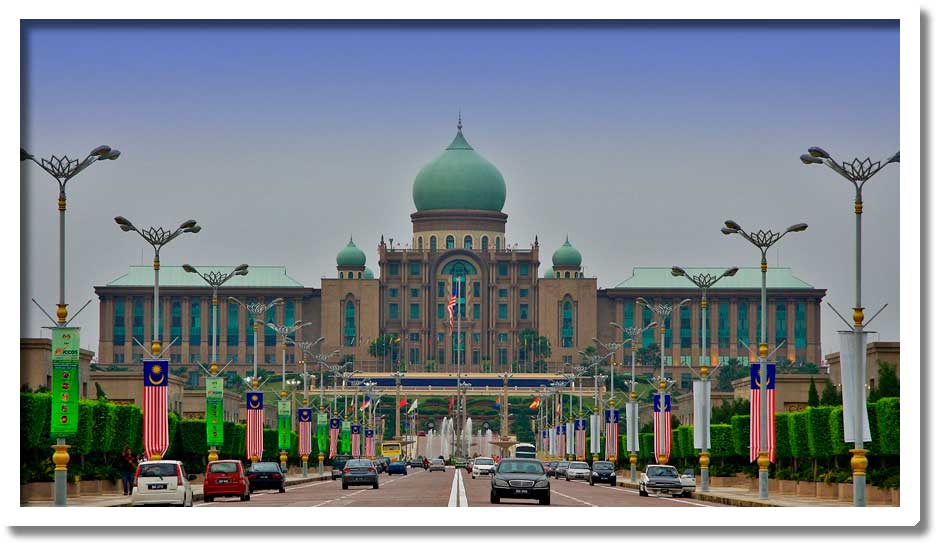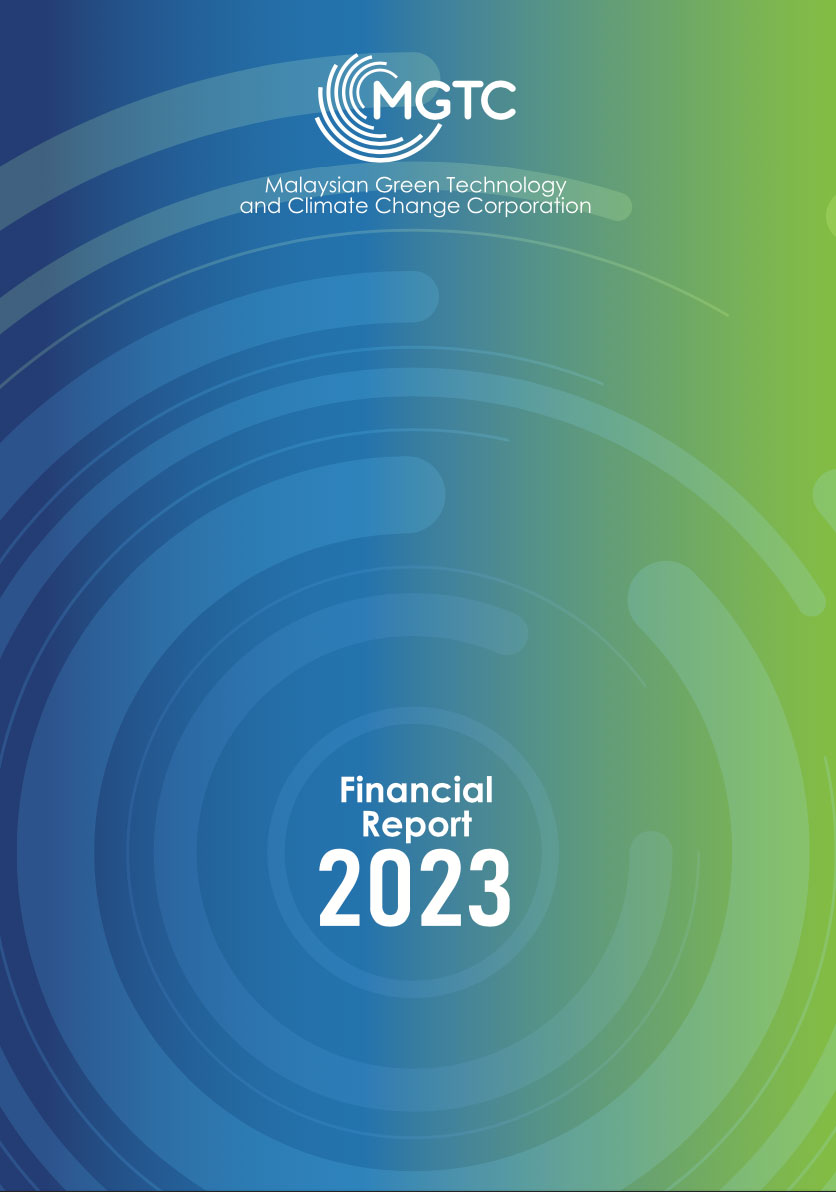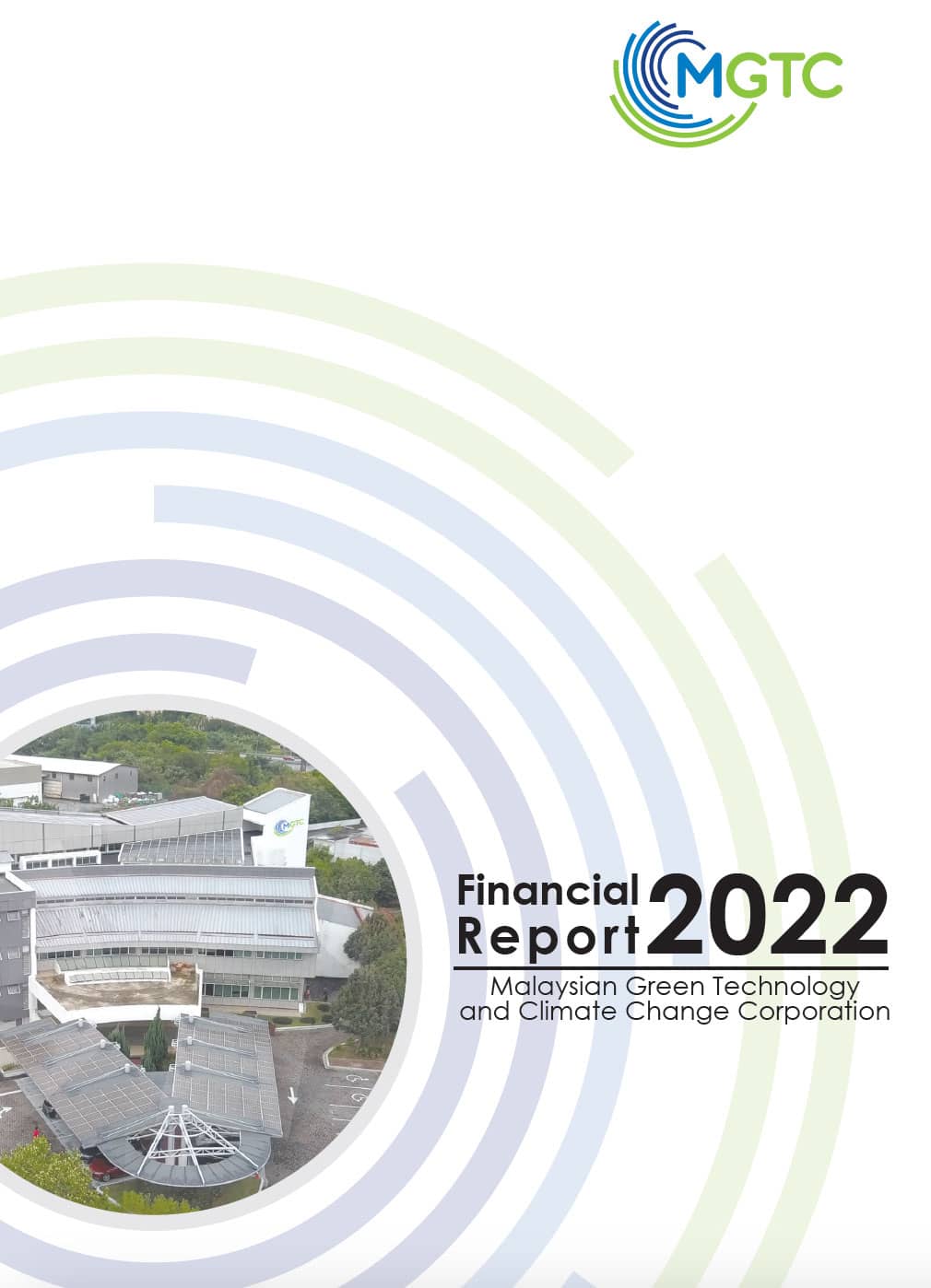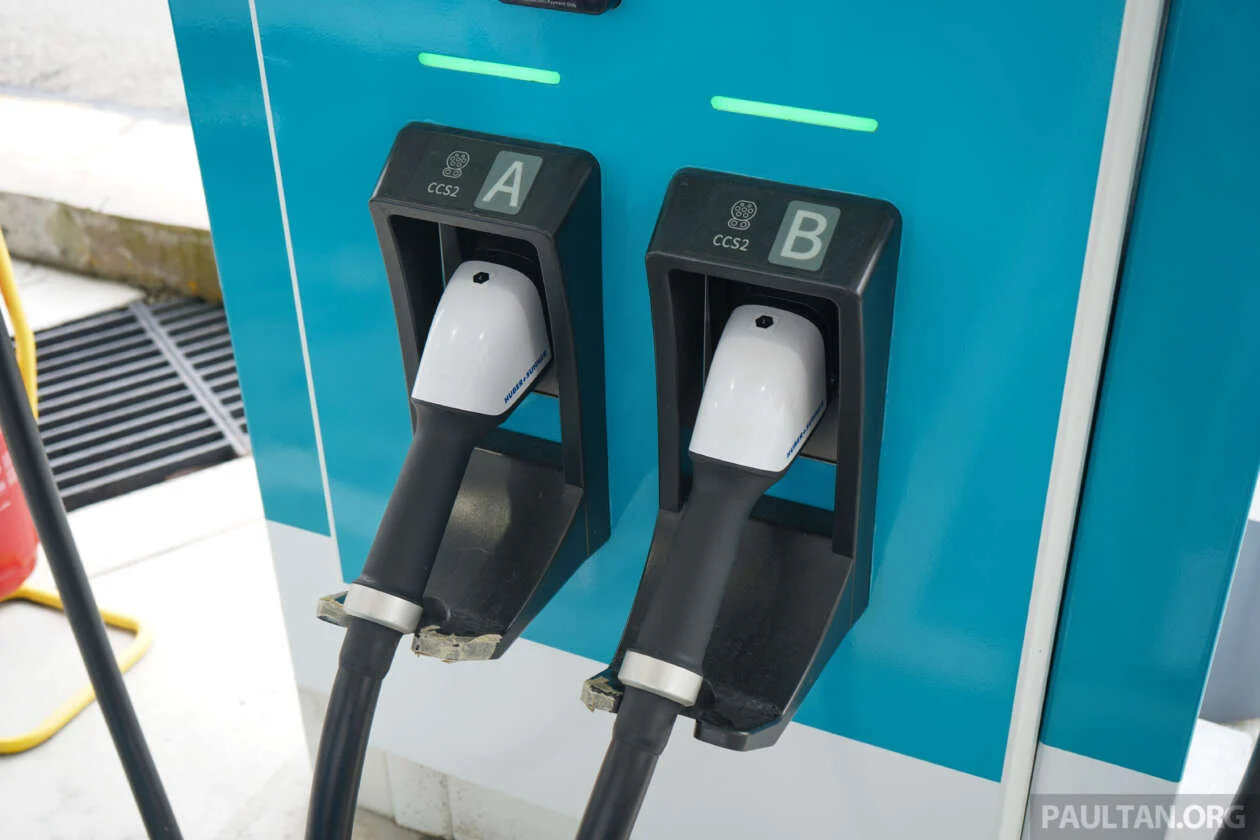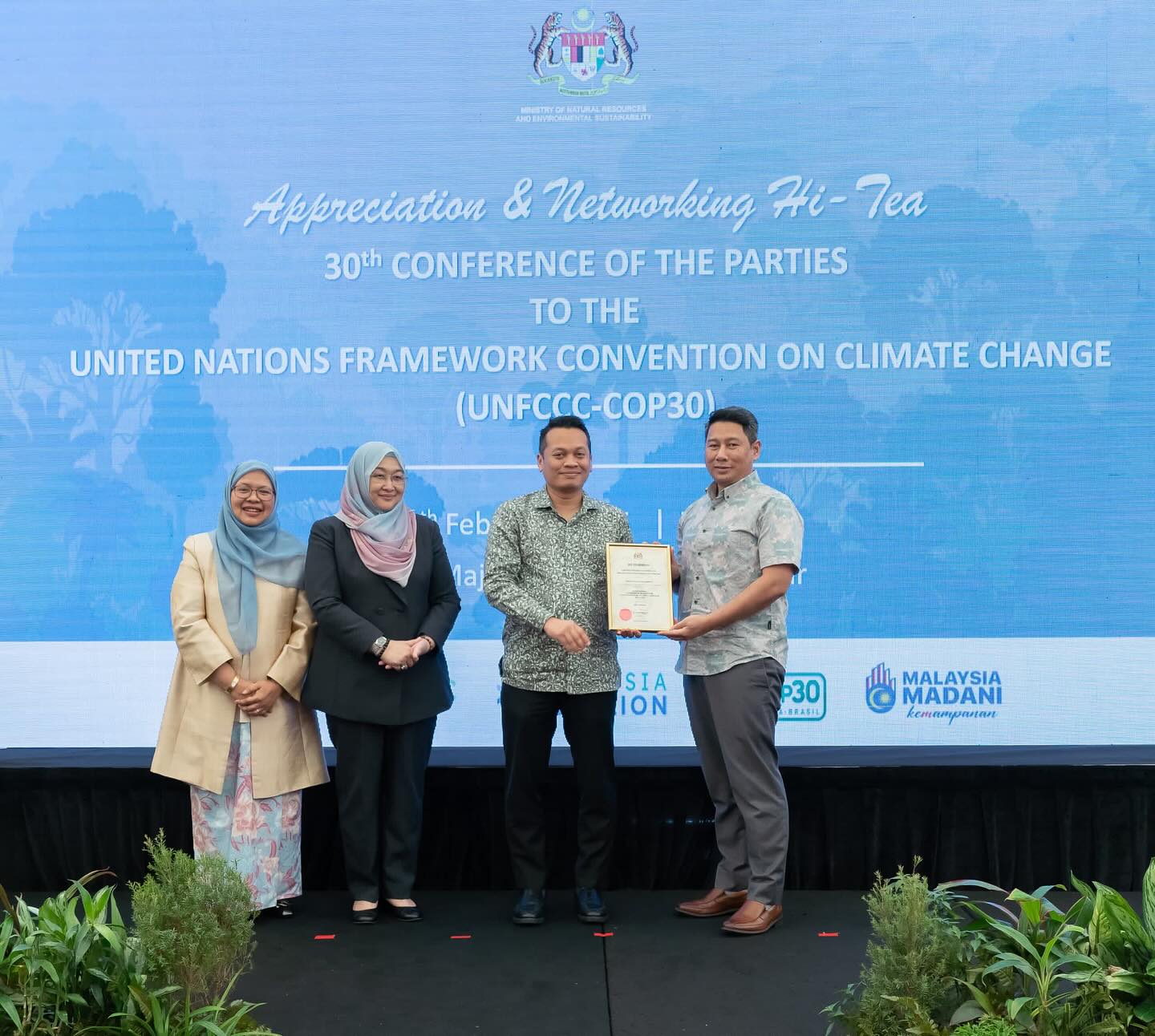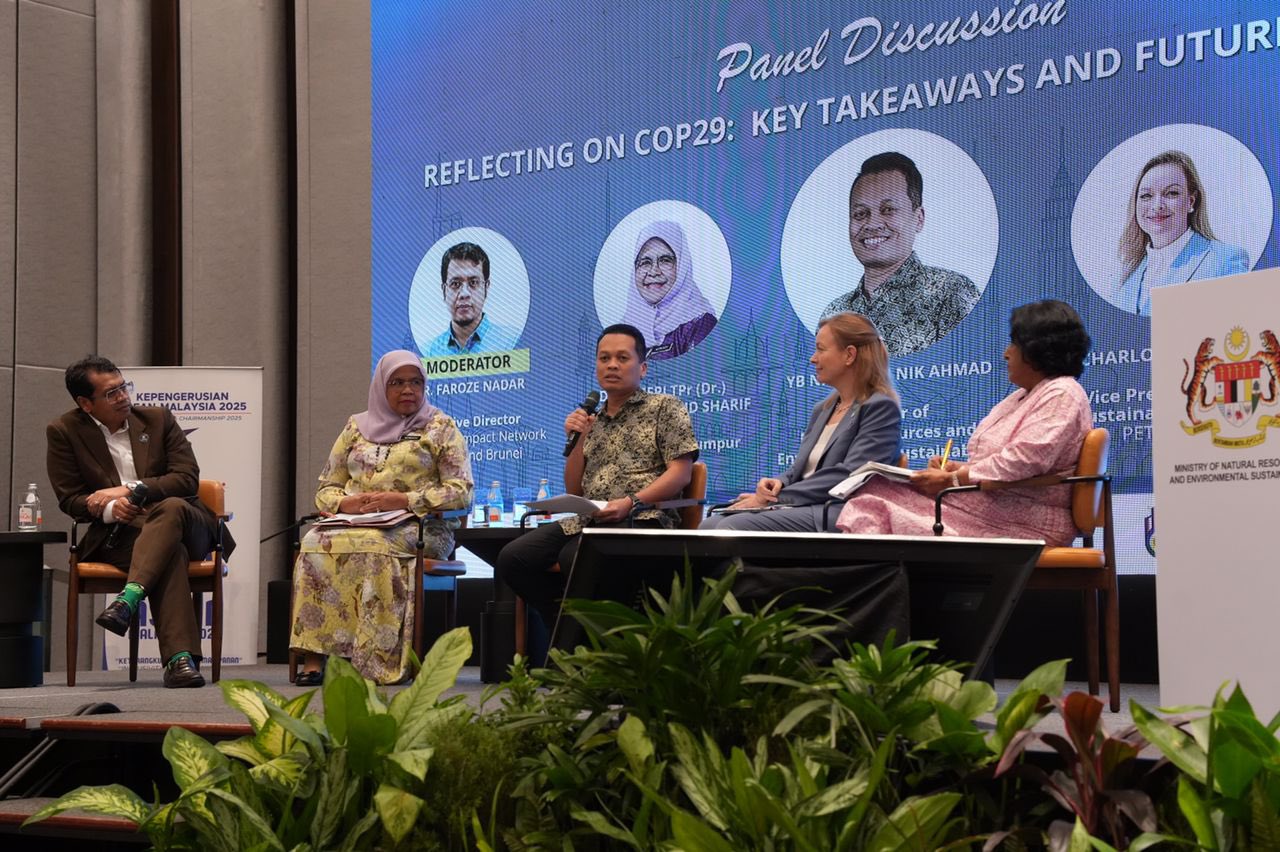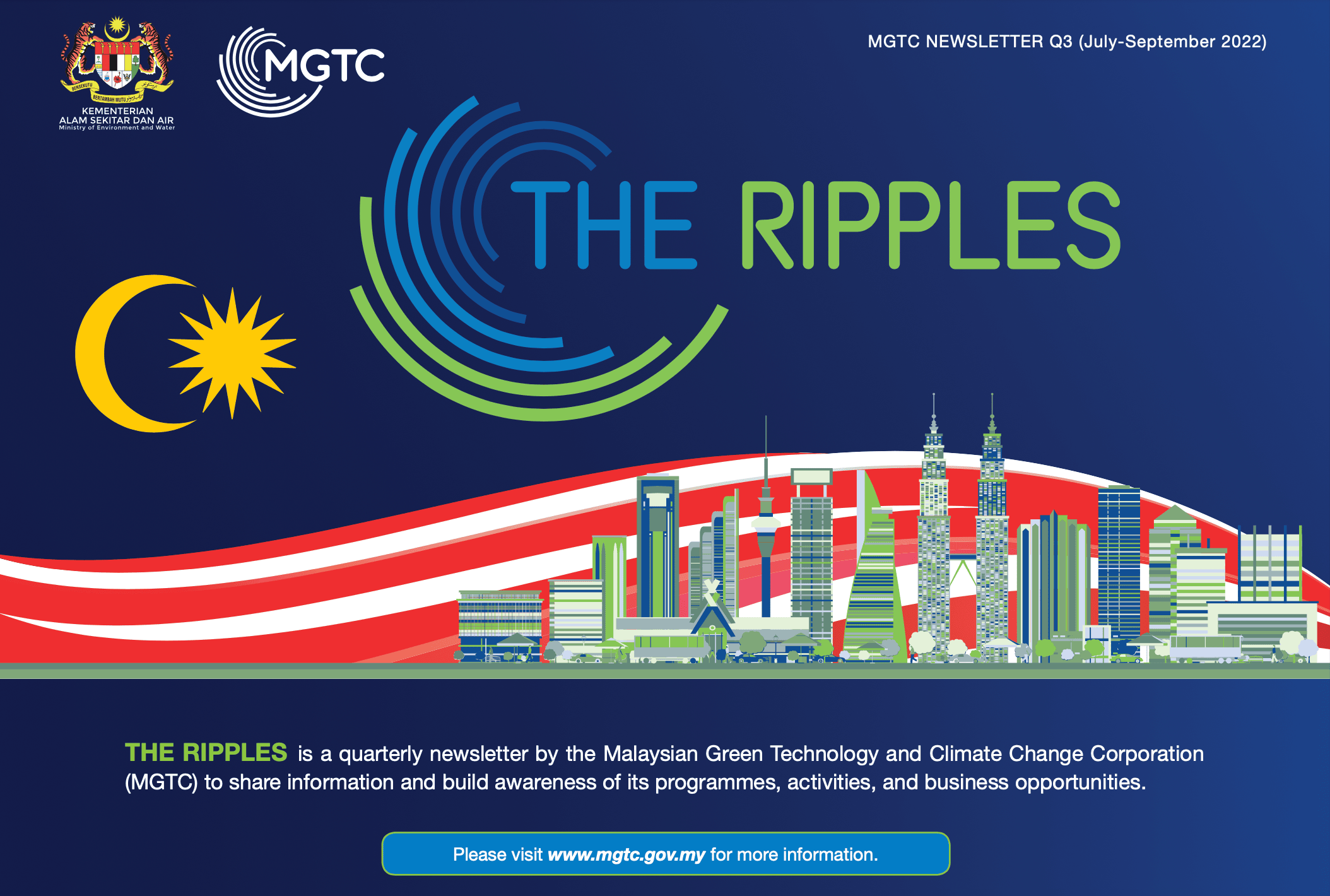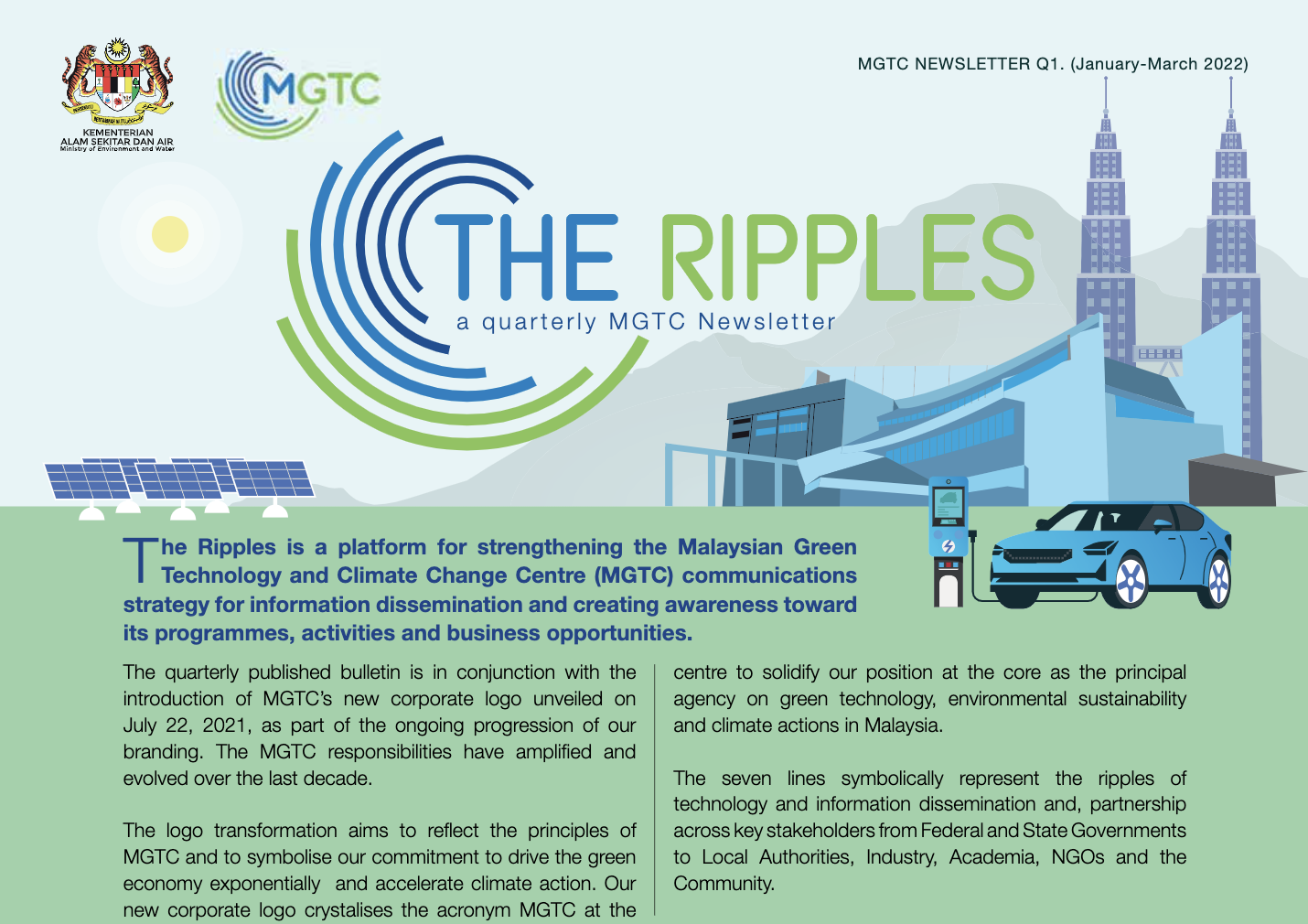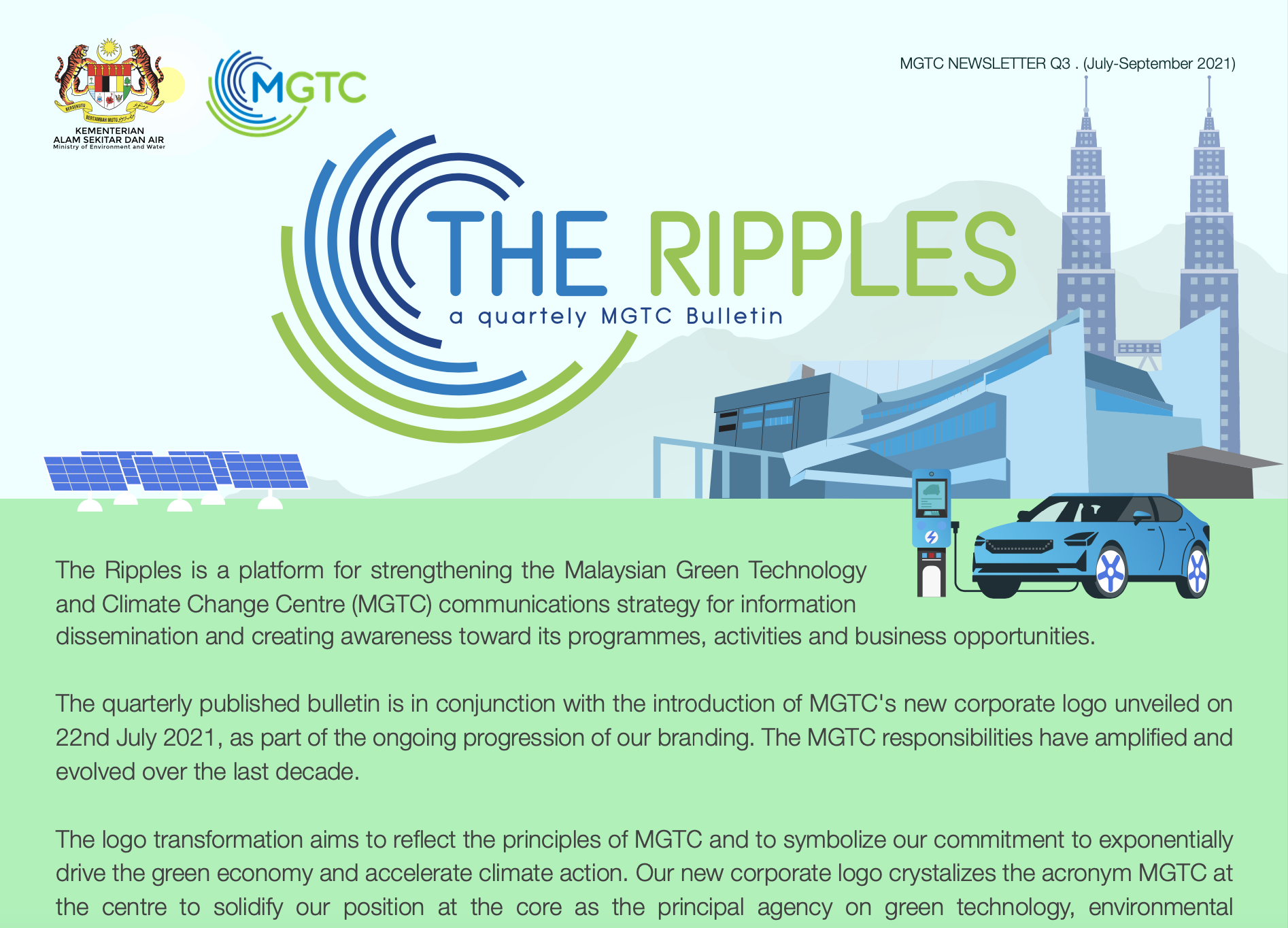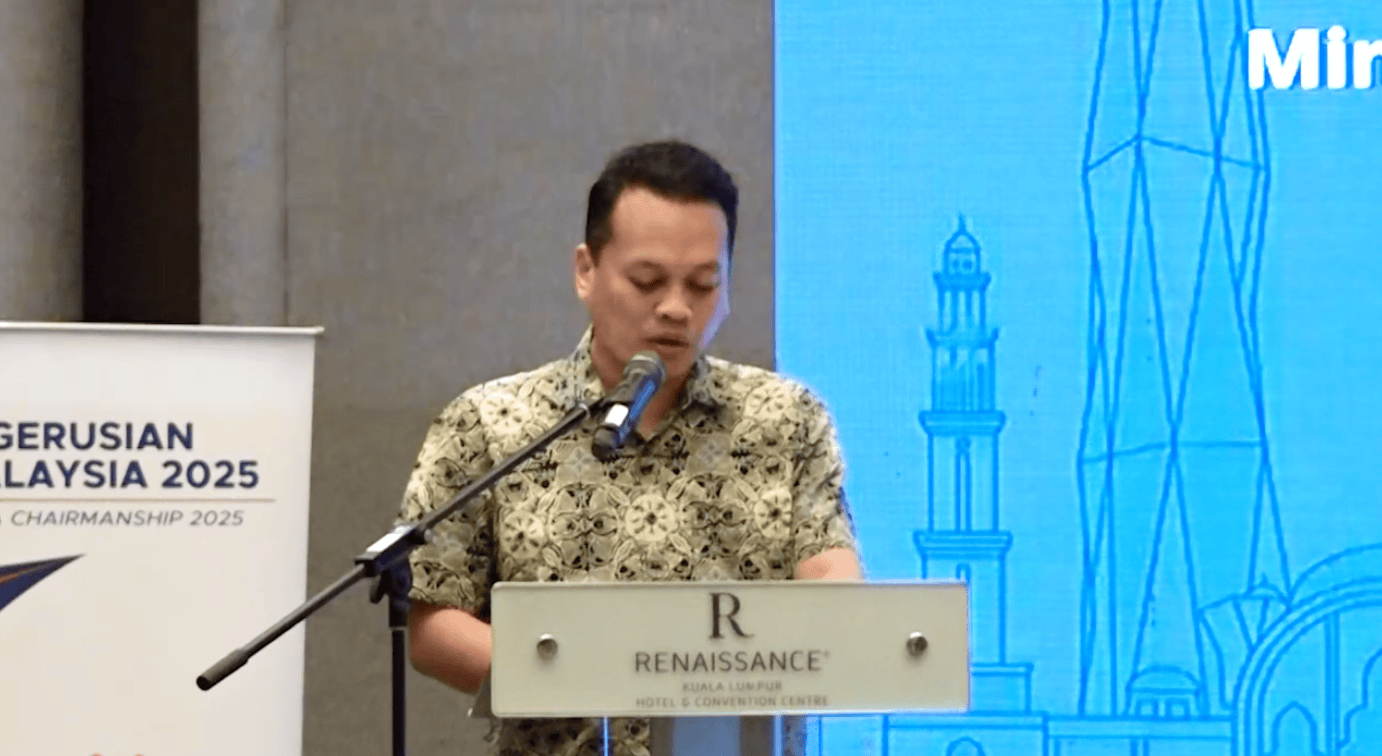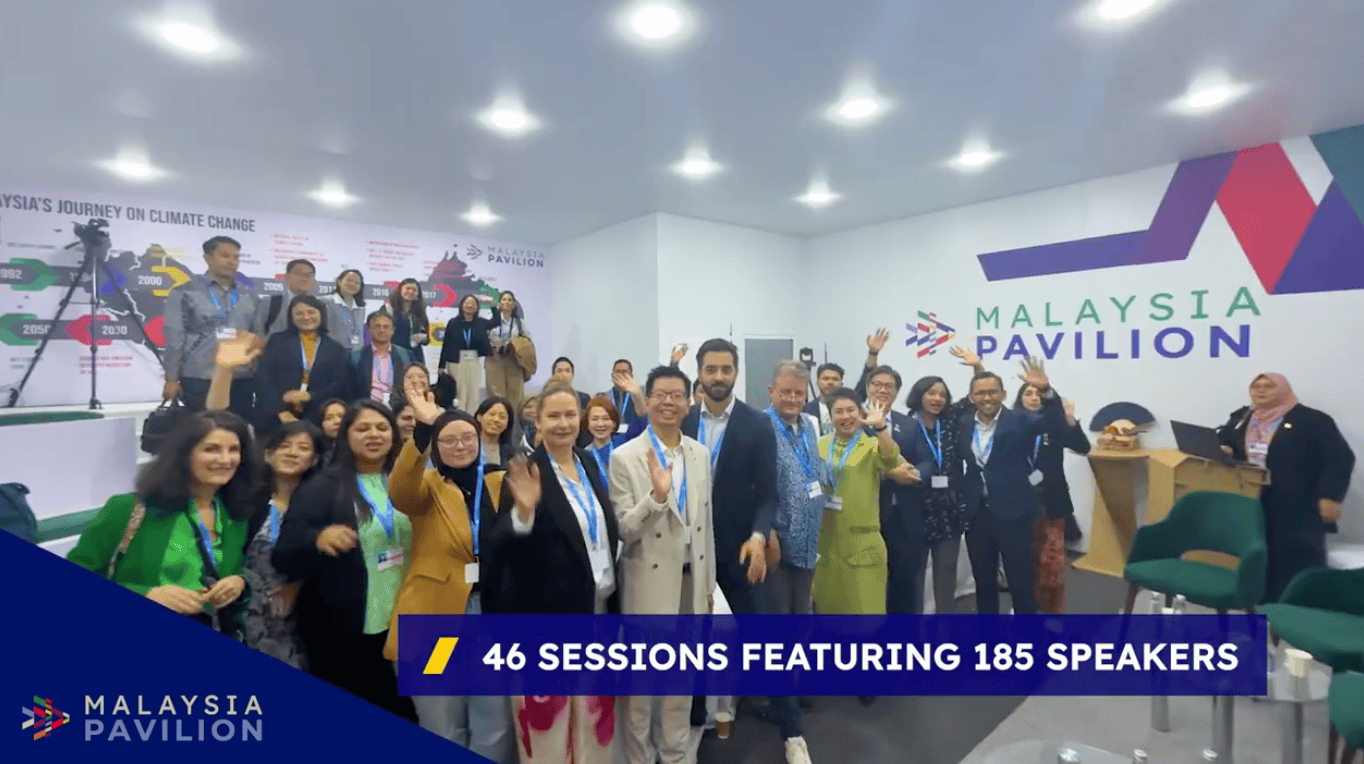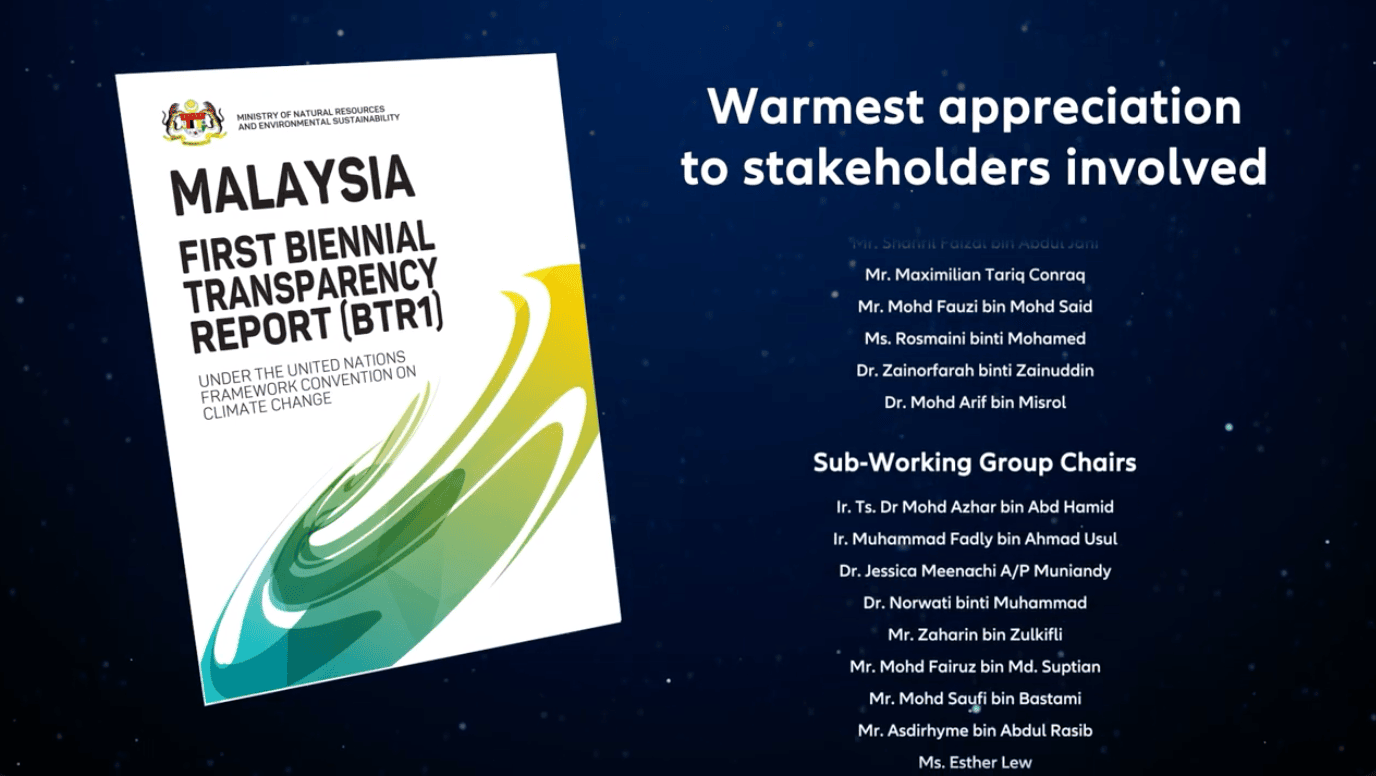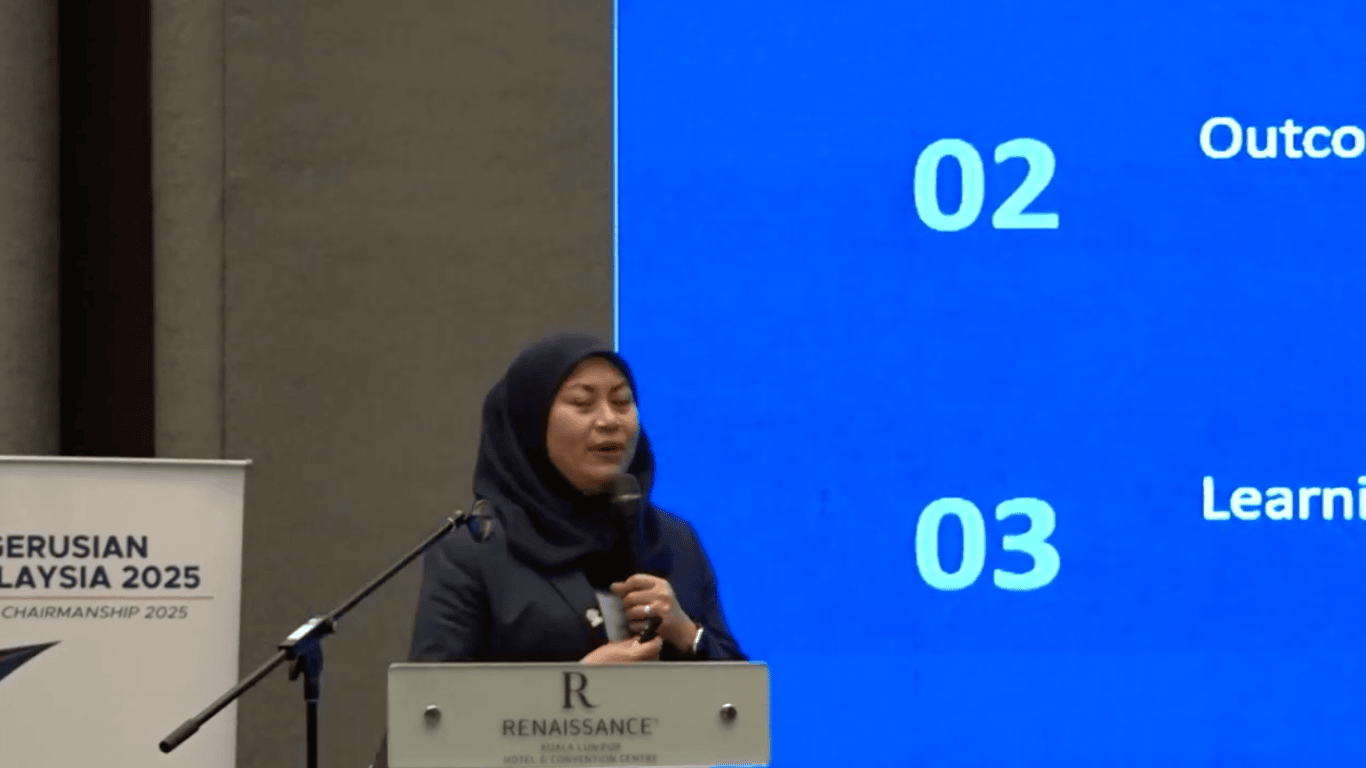
Kuala Lumpur: The government has no immediate plans to introduce congestion charges for private vehicles in Kuala Lumpur, according to Transport Minister Anthony Loke Siew Fook.
Speaking at the Dewan Negara during a question-and-answer session, Loke confirmed that the matter was discussed in detail during the Cabinet Committee Meeting on Road Safety and Traffic Congestion. However, the government’s priority remains on enhancing the quality of public transportation before considering any congestion pricing mechanism.
“The Ministry of Transport (MOT) does not intend, nor is it planning, to implement congestion charges on private vehicles at this time,” Loke stated.
The discussion arose in response to a query from Senator Tan Sri Low Kian Chuan, who questioned whether the government would consider imposing congestion charges, given that the First Mile and Last Mile connectivity issues have been addressed through on-demand transit van services.
Loke emphasized that ongoing studies by the Malaysian Institute of Road Safety Research (MIROS) and the Malaysian Green Technology and Climate Change Corporation (MGTC) are currently evaluating the potential impact of congestion charges. The studies focus on the implementation mechanism, projected traffic reduction, and expected improvements in public transport usage.
Additionally, MOT is conducting the Klang Valley Public Transport Strategic Plan study, which includes an Origin-Destination analysis. This study is expected to serve as a benchmark for improving public transport services, not only in Kuala Lumpur but also in other states.
“Developed nations only implement congestion charges after ensuring that their public transport systems are efficient and reliable,” Loke pointed out, stressing the importance of building a robust transportation network before considering such policies.
Ongoing Feasibility Studies and Public Response
In recent developments, the Malaysian government has been exploring the possibility of implementing congestion charges in major cities, including Kuala Lumpur, to mitigate traffic congestion and encourage the use of public transportation. Minister in the Prime Minister’s Department (Federal Territories), Dr. Zaliha Mustafa, announced in February 2025 that studies are underway to assess the feasibility of such charges in Kuala Lumpur, George Town, and Johor Bahru. These studies aim to evaluate the potential impact on traffic flow and public transport usage, with findings expected by the end of the year.
Dr. Zaliha highlighted that international research suggests implementing a congestion charge in Kuala Lumpur could reduce traffic congestion by approximately 20%. She emphasized the importance of setting the charge at a rate that discourages excessive road use without placing an undue financial burden on drivers. Additionally, she referenced a 2020 study by Prasarana Malaysia Berhad, which estimated that traffic congestion costs the country around RM20 billion annually.
However, in March 2025, Transport Minister Anthony Loke reiterated that the government has no immediate plans to implement a congestion charge on private vehicles in Kuala Lumpur. He noted that the Cabinet Committee on Road Safety and Congestion had discussed the matter extensively and decided to focus first on improving the quality of public transportation before considering such charges.
Public opinion on the proposed congestion charge has been mixed. Advocacy groups like Transit Malaysia have expressed support for the initiative, suggesting that the implementation of a decongestion charge and the upgrading of public transport can proceed concurrently. Conversely, some critics argue that introducing such charges without first enhancing public transportation infrastructure could disproportionately affect commuters who rely on private vehicles.
As of now, the government continues to prioritize the enhancement of public transportation systems in Kuala Lumpur. The decision on implementing a congestion charge will likely depend on the outcomes of ongoing studies and the successful improvement of public transit options to accommodate the needs of daily commuters.
Sumber: Wilayah





